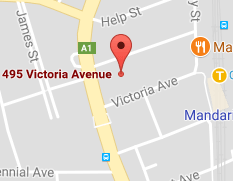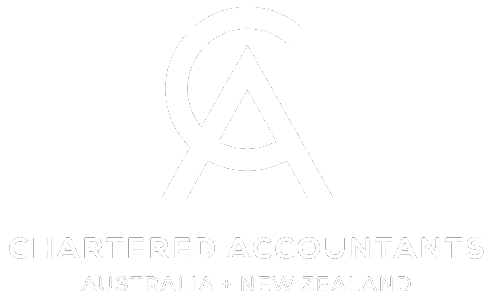The StewartBrown December 2018 Aged Care Financial Performance Survey incorporates detailed financial and supporting data from over 965 residential care facilities and over 27,164 home care packages (503 home care programs) across Australia. The quarterly survey is the largest benchmark within the aged care sector and provides invaluable insight into the trends and drivers of financial performance at the sector level and at the facility or program level.
2019 03 Managing Prudential Risk in Residential Aged Care Submission March 2019
In February 2019, The Australian Department of Health (the Department) released the discussion paper “Managing Prudential Risk in Residential Aged Care” in consultation with the residential aged care sector and the broader community on the issue of managing prudential risk in residential aged care.
The existing framework in place under the Aged Care Act 1997 (the Act) supports this objective, however two recent reviews have recommended that the prudential framework be strengthened (Ernst and Young and the Tune Review).
The Department has invited submissions from all interested stakeholders to gather the sector’s views on the options for better managing prudential risk in residential aged care.
Please see below for the StewartBrown submission on managing prudential risk in residential aged care.
2019 03 StewartBrown Aged Care Listed Providers Analysis Report December 2018
The listed aged care providers Estia, Regis and Japara have recently released their six months results to 31 December 2018. StewartBrown has reviewed the Listed Providers Financial Reports and a summary of this analysis can be found in this report. This listed aged care providers financial performance update focuses solely on the three listed providers in order to provide a timely snapshot and commentary on their results.
Click here to download the report.
2019 01 StewartBrown 2019 Land Tax newsletter
Welcome to the Special Land Tax edition of our client newsletter for January 2019 where we hope to keep you informed of the important land tax compliance issues affecting owners of land in Australia.
Click here to download the newsletter.
2019 01 Aged Care Financial Performance Survey - September 2018
Click here to download a PDF version of the report below.



